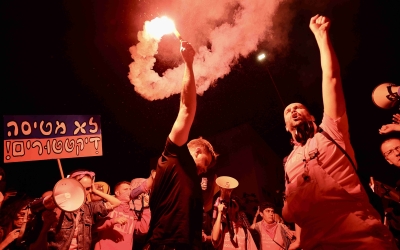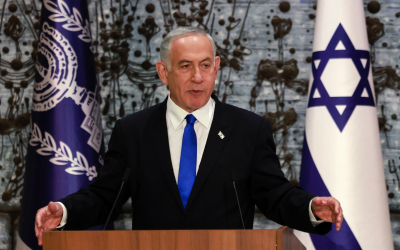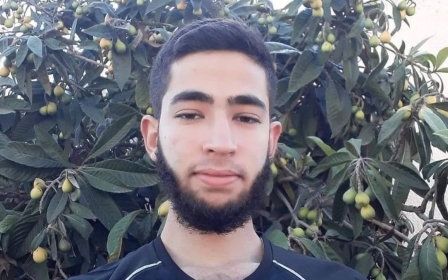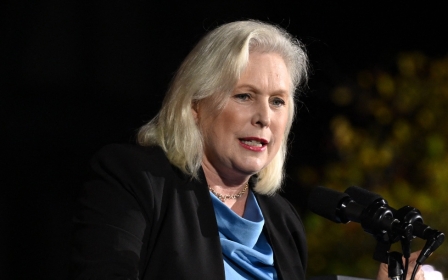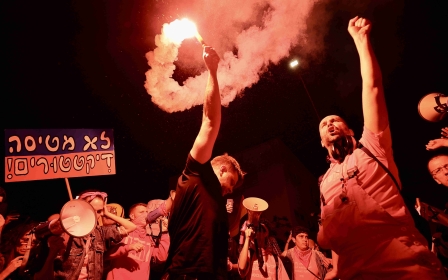Saudi Arabia likely to agree to nuclear curbs if US gives backing, Congress told
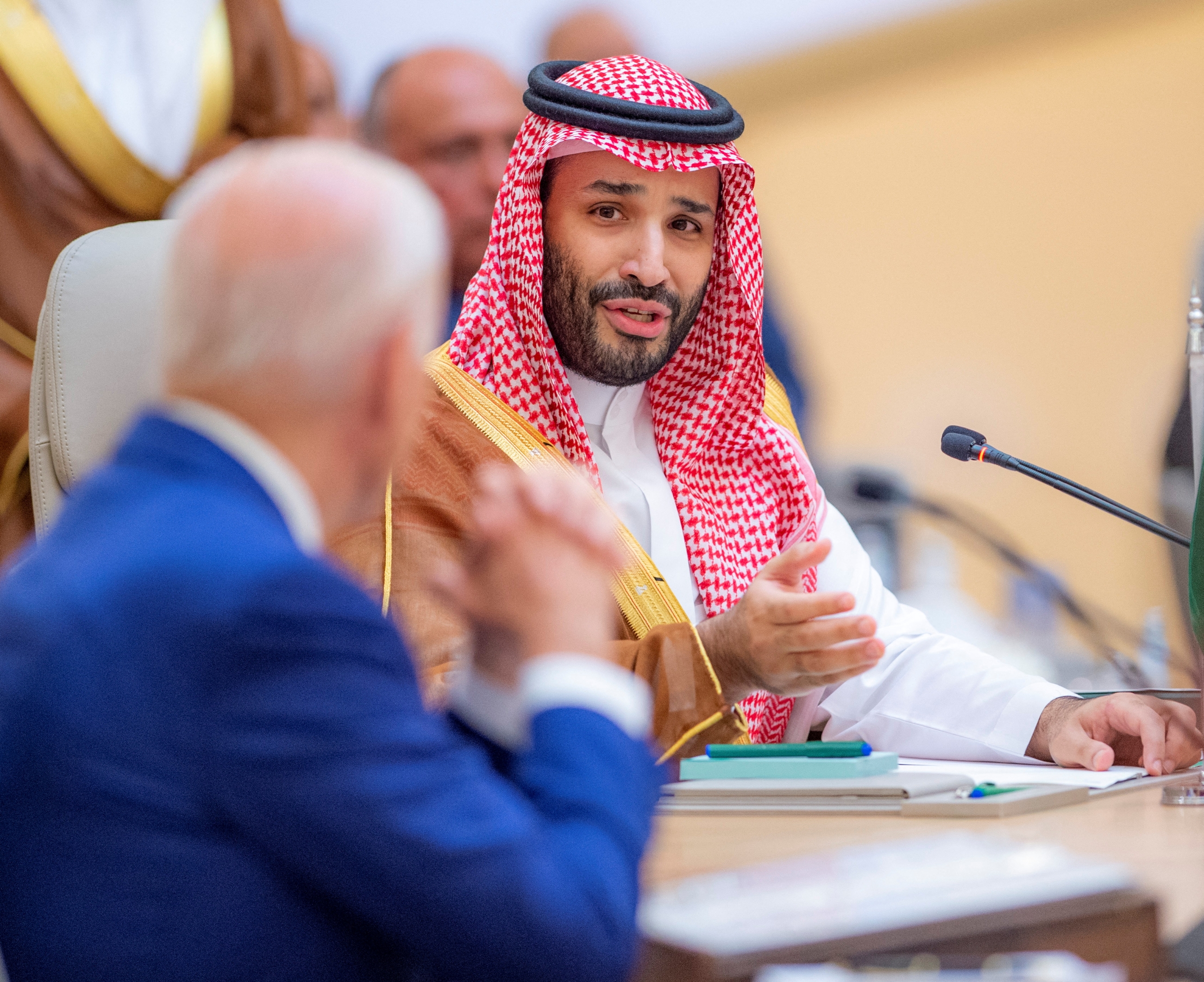
Saudi Arabia would likely commit to an agreement stopping it from taking steps towards building a nuclear weapon if the US backs the development of a civilian nuclear programme in the kingdom, US congressional members were told on Thursday.
The comment, made by the head of the institute supporting the implementation of the Abraham Accords, come as US support for the programme emerges as one of a handful of asks Riyadh has reportedly made of Washington in order to normalise relations with Israel.
"They don't want to see a standard upheld by the United States that is one way for Tehran and another way for partners and allies in the region," Robert Greenway, Abraham Accords Peace Institute executive director, told the House Foreign Affairs Committee.
While the United Arab Emirates, Bahrain, Morocco and Sudan have all signed up to the Trump-era Abraham Accords, Saudi Arabia has held out, saying it cannot normalise relations with Israel until a Palestinian state is established.
But media reports this week, citing Saudi and American officials, suggest that Riyadh might be willing to forgo its position in exchange for a wishlist which includes, in addition to nuclear programme support, fewer restrictions on US arms sales and security guarantees.
'Less to do with Israel'
The reports come as tensions have been high across Israel and Palestine amid a spike in deadly settler attacks and Israeli army raids and a resurgence of Palestinian armed resistance.
Asked on Thursday whether Saudi Arabia would sign the accords, Greenway said that was largely a question of repairing the ties between the US and Saudi Arabia, which have broken down under the Biden administration.
"This is really about the Riyadh-Washington relationship. It has a lot less to do with the relationship with Israel," he said.
"We'd have to repair the relationship and build [it] on sounder footing in order to proceed. Ultimately, I think it's about integrating our partners and allies in the region which they desperately want."
The kingdom, he said, "would be comfortable" to sign the same "gold standard" deal that the UAE agreed with the US in 2009 when it built a nuclear power plant in Barakah "provided that the United States did not enable a wholesale civil and military nuclear programme in Tehran".
Under that 2009 deal, the UAE has access to American nuclear material and technology, but it was barred from processes required for building a nuclear weapon, including uranium enrichment.
Saudi Arabia has previously voiced reluctance to sign such an agreement, with Crown Prince Mohammed bin Salman saying in 2018 that if Iran developed a nuclear bomb, so would the kingdom "as soon as possible".
Iran-Saudi relations restored
On Friday, however, that kind of rhetoric seemed a distant past as Saudi Arabia and Iran restored diplomatic relations which were broken in 2016 after the execution of Saudi Shia cleric Nimr al-Nimr.
Representative Brad Sherman said while he had concerns about the Iranian regime, he questioned why Saudi Arabia had been reluctant to sign an agreement like the UAE.
"Diplomatic relations and niceties can be reversed. Governments can be overthrown. But nuclear weapons or nuclear weapons technology stays where it is," Sherman said.
"And thank God while we did a lot for the military of the Shah [of Iran], none of it was in the nuclear area."
The committee hearing - "Expanding the Abraham Accords" - featured Greenway, General Joseph Votel, distinguished fellow at the Middle East Institute, and Daniel Shapiro, former US ambassador to Israel and distinguished fellow at the Atlantic Council.
A report from Responsible Statecraft, the online magazine of the DC-based Quincy Institute, criticised the hearing for featuring witnesses that all worked at organisations with institutional or financial ties to the UAE and Bahrain.
Middle East Eye propose une couverture et une analyse indépendantes et incomparables du Moyen-Orient, de l’Afrique du Nord et d’autres régions du monde. Pour en savoir plus sur la reprise de ce contenu et les frais qui s’appliquent, veuillez remplir ce formulaire [en anglais]. Pour en savoir plus sur MEE, cliquez ici [en anglais].


